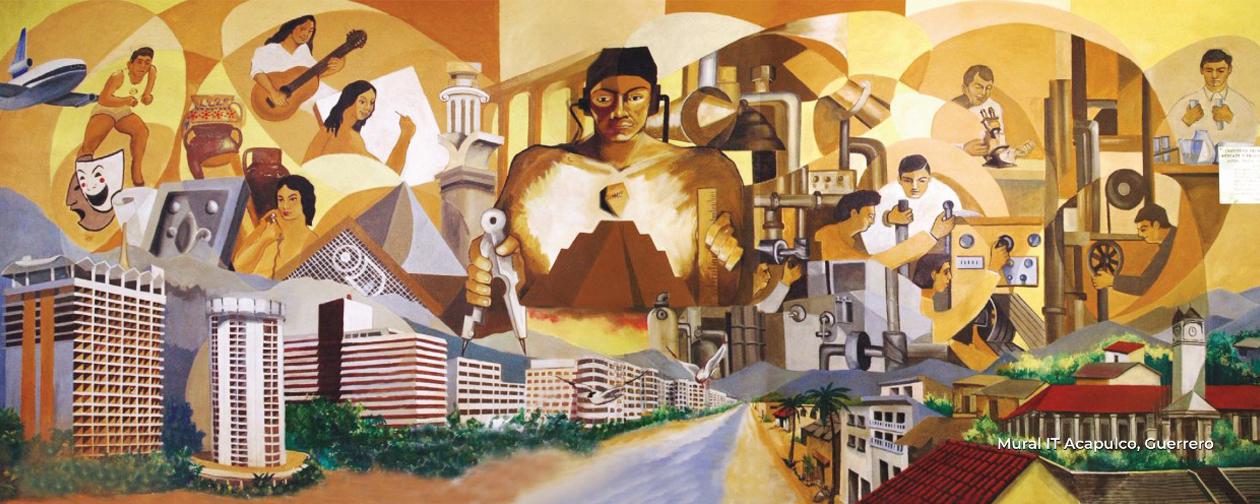
Please use this identifier to cite or link to this item:
https://rinacional.tecnm.mx/jspui/handle/TecNM/8703| Title: | Design and Characterization of an Advanced pH Instrument Usign Articifial Intelligence Algorithms For Vertical Farming Applications |
| Authors: | Hinojosa Meza, Rolando Moisés |
| metadata.dc.subject.other: | Vertical Farming, Industry 4.0, RNN model |
| Issue Date: | 2023-05-01 |
| Publisher: | Tecnológico Nacional de México |
| metadata.dc.publisher.tecnm: | Instituto Tecnológico de Pabellón de Arteaga |
| Description: | Global Vertical Farming (VF) applications with characteristic Industry 4.0 connectivity will become more and more relevant as the challenges of food supply continue to increase worldwide. A cost-effective and portable instrument that enables accurate pH measurements for VF applications is presented. We demonstrate that by performing a well-designed calibration of the sensor, a near Nernstian response, 57.56 [mV/pH], ensues. The system is compared to a ten-fold more expensive laboratory gold standard, and is shown to be accurate in determining the pH of substances in the 2–14 range. The instrument yields precise pH results with an average absolute deviation of 0.06 pH units and a standard deviation of 0.03 pH units. The performance of the instrument is ADC-limited, with a minimum detectable value of 0.028 pH units, and a typical absolute accuracy of ±0.062 pH units. By meticulously designing bias and amplification circuitry of the signal conditioning stage, and by optimizing the signal acquisition section of the instrument, a (minimum) four-fold improvement in performance is expected. In addition, we proposed an advanced filtering scheme based on Recurrent Neural Networks (RNNs) and Deep Learning to enable efficient control strategies for Vertical Farming (VF) applications. We demonstrate that the best RNN model incorporates five neuron layers, with the first and second containing ninety Long Short-Term Memory neurons. The third layer implements one Gated Recurrent Units neuron. The fourth segment incorporates one RNN network, while the output layer is designed by using a single neuron exhibiting a rectified linear activation function. The RNN models are contrasted with conventional digital Butterworth, Chebyshev I, Chebyshev II, and Elliptic Infinite Impulse Response (IIR) configurations. The RNN digital filtering schemes avoid introducing unwanted oscillations, which makes them more suitable for VF than their IIR counterparts. Finally, by utilizing the advanced features of scaling of the RNN model, we demonstrate that the RNN digital filter can be pH selective, as opposed to conventional IIR filters. Temperature affects pH measurement, producing inaccurate readings. More complex sensors integrate Automatic Temperature Compensation (ATC) because they accurately adjust the electrode calibration for pH when the temperature changes. However, ATC cannot correct for the pH/temperature effects of unknown samples. For this reason, a fuzzy interference system is also proposed to compensate for the temperature effects on pH measurements through a Mamdani interference system, in addition to genetic algorithms to adjust the vertices in the output matrices. |
| metadata.dc.type: | info:eu-repo/semantics/masterThesis |
| Appears in Collections: | Tesis de Maestría |
Files in This Item:
| File | Description | Size | Format | |
|---|---|---|---|---|
| Design and Characterization of an Advanced pH Instrument Using Artificial Intelligence Algorithms For Vertical Farming Applications.pdf | Tesis de la Maestría en Ciencias de la Mecatrónica del ITPA | 8.18 MB | Adobe PDF | View/Open |
| Rolando Moisés Hinojosa Meza.pdf Until 3024-12-13 | Carta de Cesión de Derechos | 127.99 kB | Adobe PDF | View/Open Request a copy |
This item is protected by original copyright |
This item is licensed under a Creative Commons License





